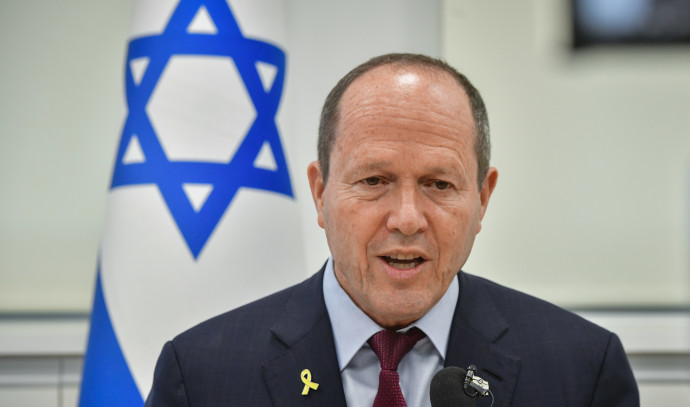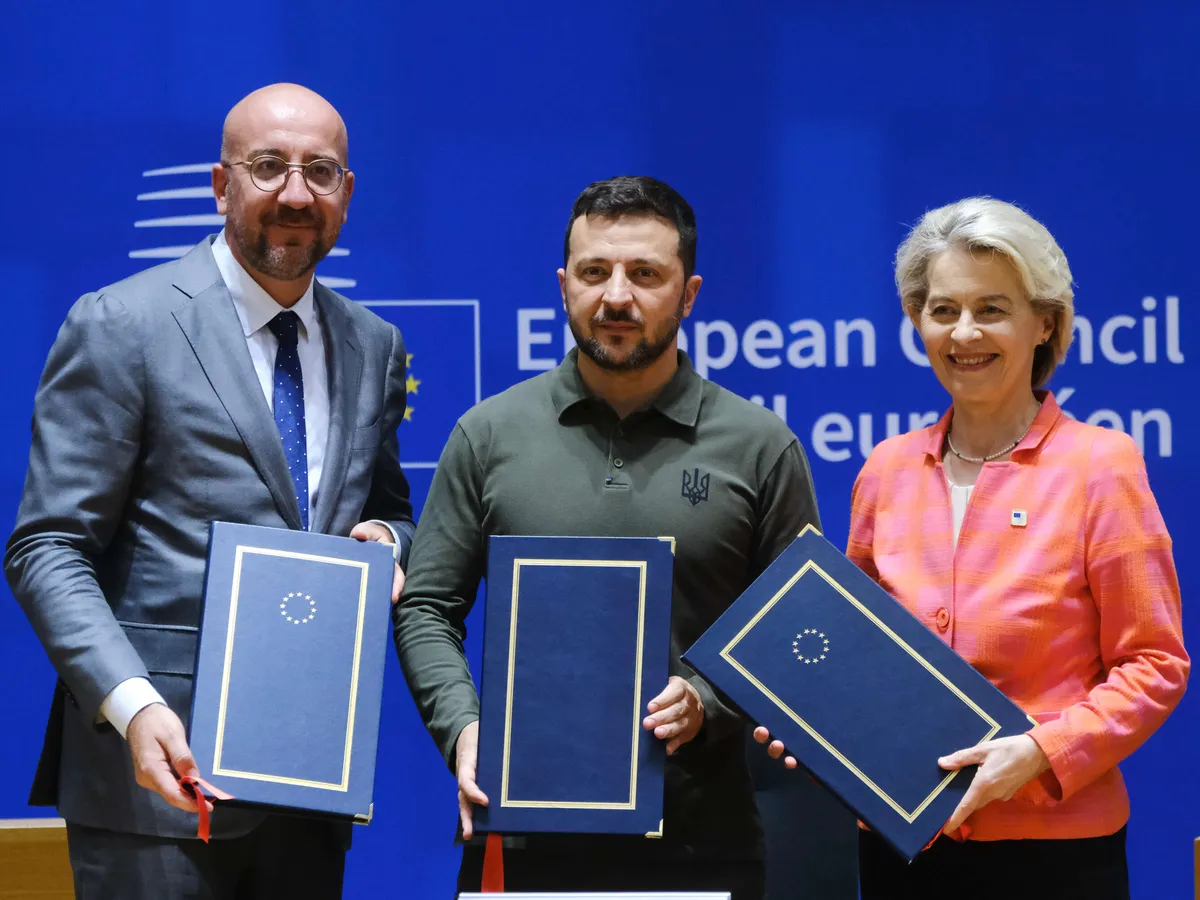The influencer market is rapidly expanding, reaching a value of 323 million euros in Italy and surpassing 30 billion dollars globally by 2023. It is projected to reach 50 billion by 2028, driven by the social dynamics of online interaction, community building, and content creation facilitated by low-cost digital technologies.
One significant impact of this growth can be seen in the GameStop case, where small investors came together to challenge the dominance of traditional financial institutions. This decentralized finance model highlights the need for responsibility and education among those involved in creating, spreading, and profiting from content.
As the industry continues to evolve, there is an increasing demand for financial literacy and education to prevent opportunities from becoming pitfalls. Initiatives like the Young Finance program are working towards bridging this gap. However, the industry remains fragmented and lacks clear regulatory frameworks in Italy and Europe.
Regulatory bodies like AGCM, AGCOM, and Antitrust are now providing more scrutiny and oversight to influencers, leading to increased transparency and accountability in the sector. Initiatives like the Influencer Legal Hub are helping operators navigate these new regulations while harmonizing the industry in Europe.
Moving forward, influencers will need to adapt to a more regulated landscape with clearer boundaries and obligations. The industry is maturing, with a growing focus on educating both influencers and their audiences about financial and legal responsibilities.
The rising popularity of influencer marketing has created new opportunities for businesses looking to reach new audiences through social media platforms such as Instagram, YouTube, TikTok, Facebook & Twitter.
Influencers have become essential tools for companies looking to increase brand awareness or drive sales. They can provide authenticity that traditional advertising cannot offer as they often have a strong connection with their followers.
However, this growth has also led to concerns about fake influencers who use fake accounts or buy followers from third-party services. As such, brands must be cautious when partnering with influencers to ensure that they are genuine and have an engaged audience.
Moreover, there is a growing need for influencer marketing strategies that align with brand values and resonate with consumers’ interests. Brands must work closely with influencers to create content that is relevant and valuable.
In conclusion, the rise of influencer marketing has created new opportunities for businesses looking to connect with consumers through social media platforms. However, brands must be cautious when partnering with influencers as there are concerns about fake accounts or bought followers. Additionally, there is a growing need for authenticity in this space as consumers seek out content that aligns with brand values.



